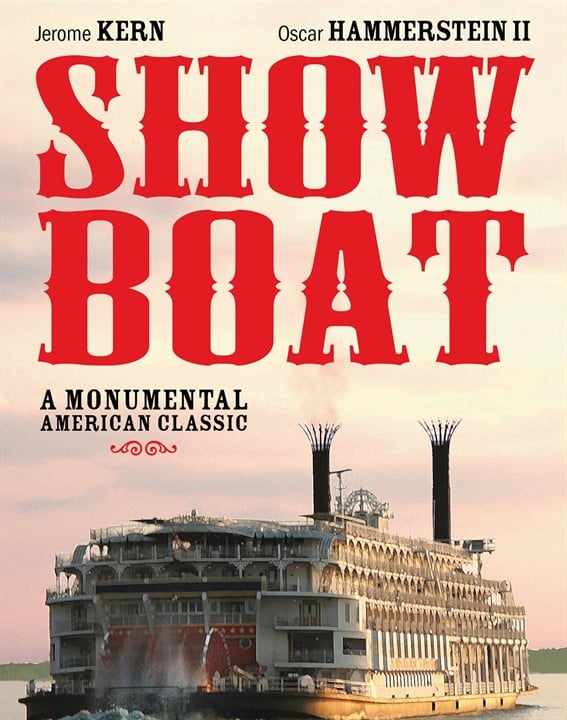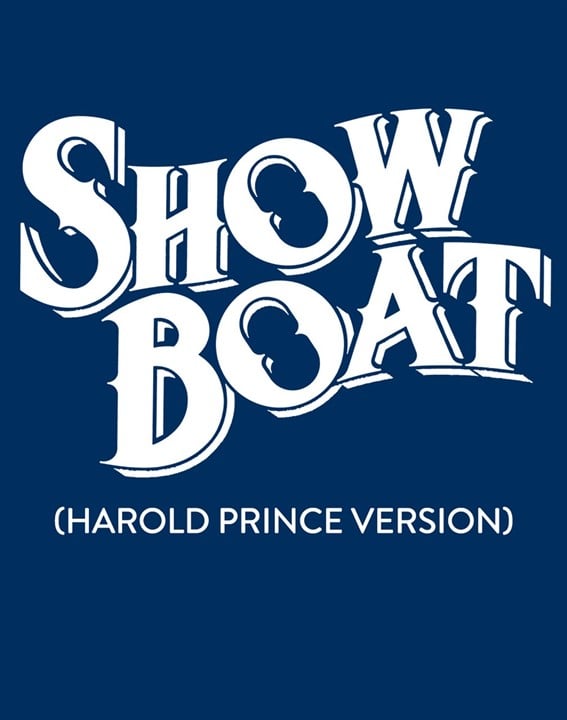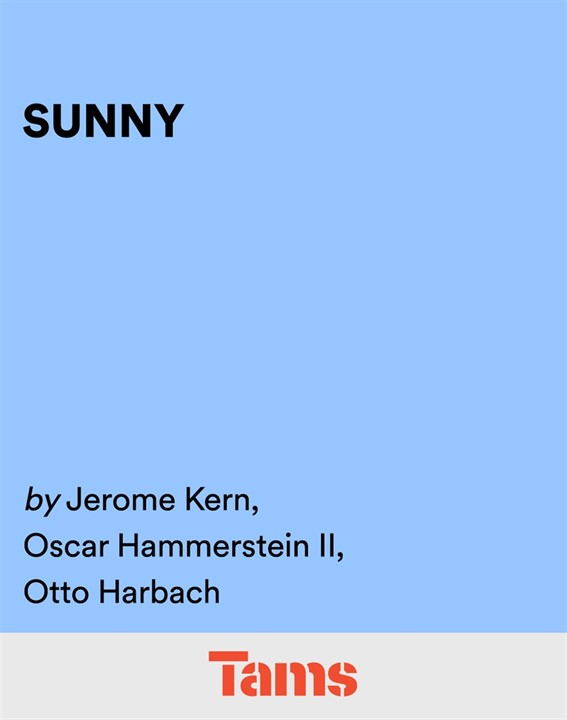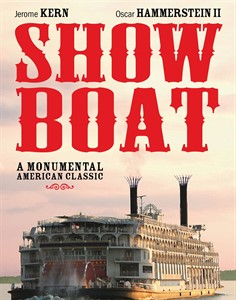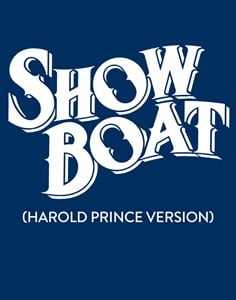Jerome Kern
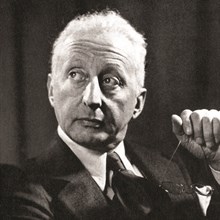
Jerome Kern
Jerome Kern (1885-1945) composed his first complete show, The Red Petticoat, in 1912. Between 1915 and 1919, he composed a series of intimate chamber musicals, mostly in collaboration with Guy Bolton and P.G. Wodehouse, known as the Princess Theatre shows. These works — Very Good Eddie; Oh, Boy!; Oh, Lady! Lady!!; Leave It To Jane; And Zip Goes A Million — are credited with laying the foundation of the modern American musical comedy. Throughout the 1920s Kern's composing style broadened with works such as Sally; Sitting Pretty; Dear Sir; Sunny; and The City Chap, culminating in 1927 with the American operetta masterpiece, Show Boat (written with Oscar Hammerstein II). With that epic, Kern began a series of works for the stage which were more operatic and involved the close interweaving of music, song and speech, including Sweet Adeline (1929), The Cat And The Fiddle (1931), Music In The Air (1932) and Roberta (1933).
In the 1930s, Kern moved to Hollywood and wrote a series of successful film scores, including Swing Time, Cover Girl, You Were Never Lovelier and Can't Help Singing. His final stage musical, again with Hammerstein, was Very Warm For May (1939) and included his masterpiece "All the Things You Are." Among his extraordinary list of songs are: "They Didn't Believe Me," "Look For The Silver Lining," "Why Was I Born?," "Don't Ever Leave Me," "Smoke Gets In Your Eyes," "Yesterdays," "The Song Is You," "I've Told Ev'ry Little Star," "The Way You Look Tonight" (Academy Award, Best Song 1936), "The Last Time I Saw Paris" (Academy Award, Best Song 1940), "A Fine Romance," and "Long Ago And Far Away." Kern died in New York City in 1945, while preparing to begin work with Dorothy Fields on a new musical entitled Annie Oakley.
Perform Jerome Kern
View all-
Show Boat (Goodspeed Version)
Multiple Authors
Full-Length Musical, DramaShow Boat (Goodspeed Version)
Oscar Hammerstein II , Jerome Kern , Edna Ferber ,Rob Ruggiero
Full-Length Musical, Drama / 5w, 4m
This classic musical, centered around the Hawkes family, follows forty years in the lives of the people connected with a Mississippi River show boat. Its themes include racial prejudice and tragic, enduring love.
-
Show Boat (Harold Prince Version)
Multiple Authors
Full-Length Musical, ComedyShow Boat (Harold Prince Version)
Oscar Hammerstein II , Jerome Kern , Edna Ferber
Full-Length Musical, Comedy
This classic musical, centered around the Hawkes family, follows forty years in the lives of the people connected with a Mississippi River show boat. Its themes include racial prejudice and tragic, enduring love.
-
Show Boat (1927)
Multiple Authors
Full-Length Musical, DramaShow Boat (1927)
Oscar Hammerstein II , Jerome Kern , Edna Ferber
Full-Length Musical, Drama / 8w, 9m, 1girl(s)
This classic musical, centered around the Hawkes family, follows forty years in the lives of the people connected with a Mississippi River show boat. Its themes include racial prejudice and tragic, enduring love.
-
Sunny
Multiple Authors
Full-Length Musical, ComedySunny
Jerome Kern , Oscar Hammerstein II ,Otto Harbach
Full-Length Musical, Comedy / 3w, 3m plus ensemble
A romantic comedy set on a luxury liner, Sunny was the first collaboration of Jerome Kern and Oscar Hammerstein.
Shop Jerome Kern
View all-
Show Boat (Goodspeed Version)
Multiple Authors
Full-Length Musical, DramaShow Boat (Goodspeed Version)
Oscar Hammerstein II , Jerome Kern , Edna Ferber ,Rob Ruggiero
Full-Length Musical, Drama / 5w, 4m
Also available as: -
Show Boat (Harold Prince Version)
Multiple Authors
Full-Length Musical, ComedyShow Boat (Harold Prince Version)
Oscar Hammerstein II , Jerome Kern , Edna Ferber
Full-Length Musical, Comedy
Also available as: -
Show Boat (1927)
Multiple Authors
Full-Length Musical, DramaShow Boat (1927)
Oscar Hammerstein II , Jerome Kern , Edna Ferber
Full-Length Musical, Drama / 8w, 9m, 1girl(s)
Also available as: -
Sunny
Multiple Authors
Full-Length Musical, ComedySunny
Jerome Kern , Oscar Hammerstein II ,Otto Harbach
Full-Length Musical, Comedy / 3w, 3m plus ensemble
Also available as:
